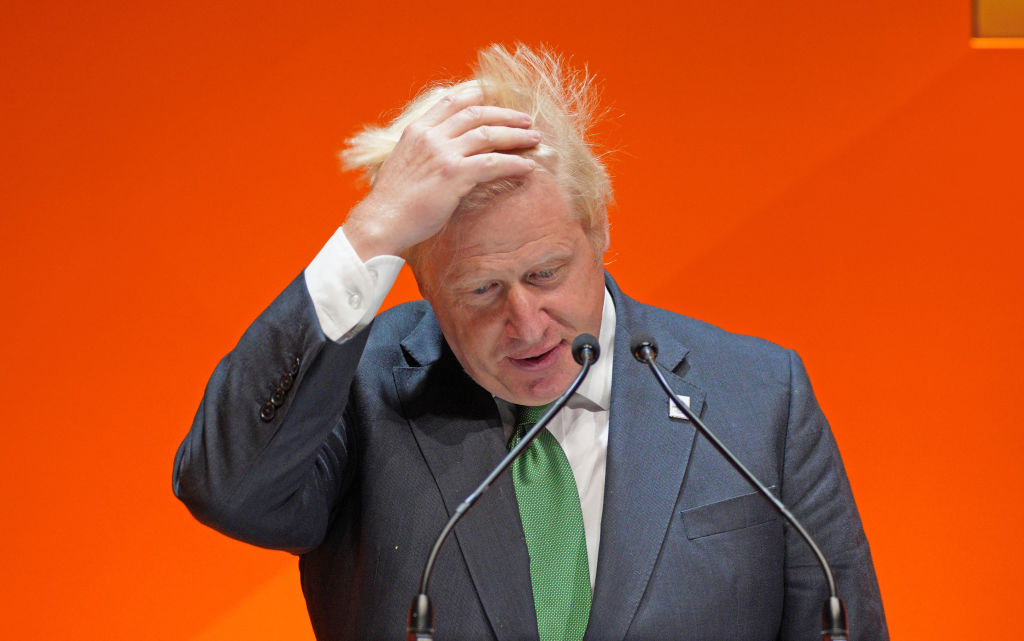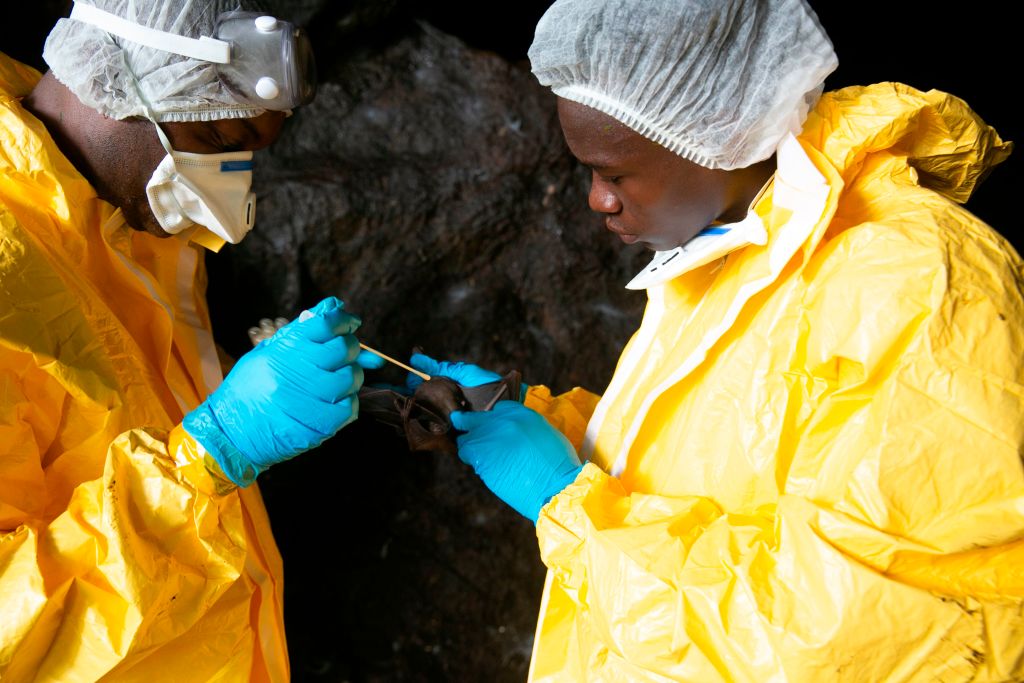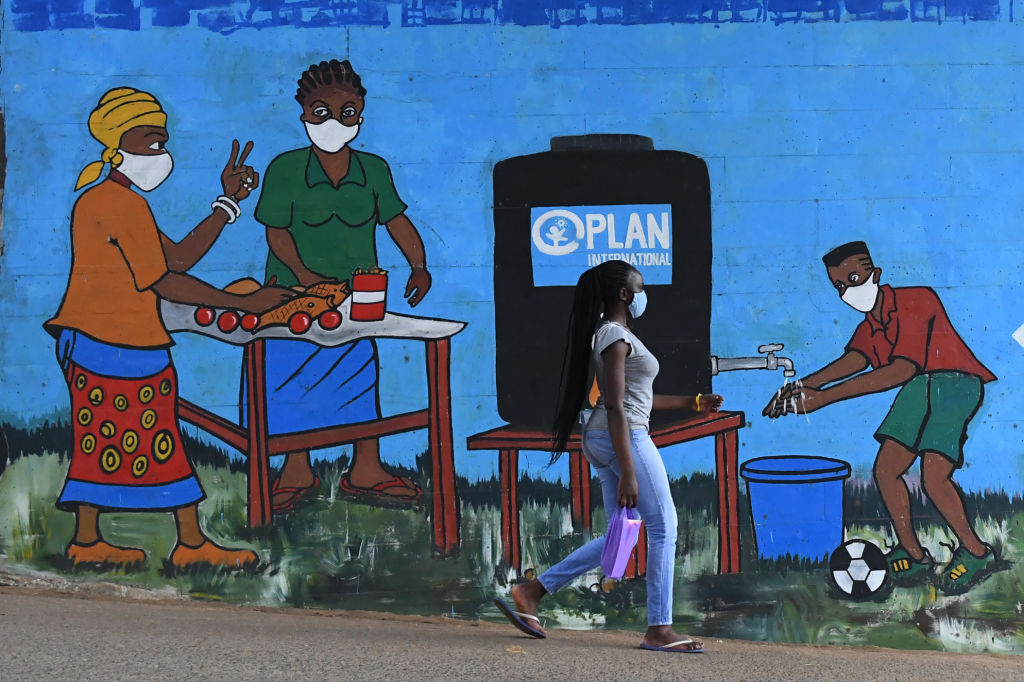This article is part of an ongoing series.
For more debunked COVID-19 claims visit the first article in the series.
ADF STAFF
Social media can be an effective tool to spread accurate information about COVID-19 and help guard against the pandemic’s spread. Its many platforms also can be used to disseminate false information about the disease, its origins and how to treat it.
Hundreds of social media-driven myths about COVID-19 have been circulated and debunked since the pandemic began. This article exposes some of the misinformation that has circulated, driving paranoia, mistrust of health officials and a lax attitude toward a disease that has killed more than 255,000 people in Africa.
The following is a small selection of debunked COVID-19 claims:
“A Lifetime of Control and Tyranny”

British Prime Minister Boris Johnson denied the existence of COVID-19, according to a graphic that circulated on Twitter throughout South Africa in late July. Beside a legitimate-looking BBC news banner are the words: “Boris Comes Clean.”
Beneath Johnson’s unsmiling photo is a quote:
“There was no pandemic, we were lying to you throughout. We fiddled the figures, ruined your lives and destroyed the economy. All to gain draconian powers to inflict a lifetime of control and tyranny over you all.”
The fake graphic did not include links to Johnson’s purported statement, and Africa Check, a nonpartisan South African fact-checking organization, could not find the quote on the BBC’s website or verified social media accounts. The pandemic is real.
Pfizer Doesn’t Want to Cut World’s Population

An altered video shows Pfizer CEO Albert Bourla telling Klaus Schwab, executive chairman of the World Economic Forum, that the American pharmaceutical company wants to cut the world’s population in half by 2023.
In the fake video, seen hundreds of thousands of times on Facebook, Twitter and Instagram, Bourla says: “The first week [my leadership team] met, in January of ’19 in California, to set up the goals for the next five years, one of them was by 2023, we will reduce the number of people in the world by 50%. I think today the dream is becoming reality.”
Bourla actually said: “We will reduce the number of people in the world who cannot afford our medicines by 50%,” Agence France-Presse reported.
In fact, the Africa Centres for Disease Control and Prevention in early July inked a deal with Pfizer to bring supplies of the antiviral Paxlovid pill to the continent. Paxlovid was shown to be almost 90% effective in preventing COVID-19-related hospitalizations and deaths in high-risk adults when administered within three days of symptom onset.
African nations will receive the pills at a low cost with the company making no profit.
Misleading Magazine Story

After COVID-19 hit the continent, conspiracy theorists seized on an almost 20-year-old article in South African Afrikaans-language magazine Huisgenoot that reported on “an aggressive variant of the coronavirus.”
After Facebook posters shared pages from the 2003 story, some people concluded that the variant reported in the magazine was the same as COVID-19, suggesting that the pandemic is the “exact same thing all over again,” Africa Check reported.
The Huisgenoot article actually was about severe acute respiratory syndrome, or SARS.
SARS is caused by a coronavirus and was first reported in China in 2002. That disease spread to other countries and was declared an epidemic, but not a pandemic. It killed fewer than 775 people globally.
COVID-19 is caused by a closely related coronavirus, Sars-CoV-2. The pandemic has killed more than 6.3 million people globally, according to the World Health Organization (WHO).
Don’t Rely on UV Rays

So many people on the continent were falsely led to believe that ultra-violet lamps can disinfect a person’s hands and mitigate the spread of COVID-19 that the WHO regional office for Africa posted a short video to debunk the claim.
Washing your hands with soap and water or sanitizing them with an alcohol-based solution are the best ways to remove the virus from your skin.
The WHO posted a similar video to debunk the widespread belief that COVID-19 cannot be spread during hot weather.
This article is part of an ongoing series. For more debunked COVID-19 claims, see the other articles in the series.

